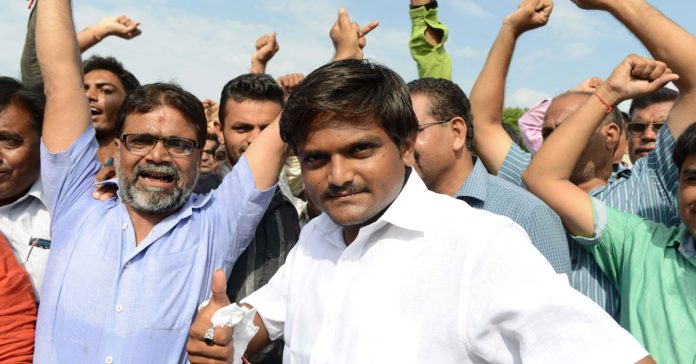Elections in India have redefined the meaning of caste. Consequently, India rolls between caste and identity politics since Pre-Independence era.
In India, a citizen inherits a caste or community in which he is born. Naturally, the ideologies of the particular caste or community influences him.
Influence on Leadership
When a leader emerges from a particular caste, obviously he is affected by the caste in which he is born in. He desires to strive for his caste, which in turn affects his political participation. In other words, caste interests play a major role in socializing with voters and to fetch more votes.
Influence on voters
Every human being wishes to be heard and his problems to be addressed properly. Certainly, he anticipates that the leader who has merged from the same caste or community can hold the responsibility in a proper manner. In addition to that, some voters aspire that the people of their caste in power can empower them individually.
Research by Andolu Agency
Andolu agency is a state run news agency headquartered in Turkey. The agency ran an analysis among voters and some political leaders regarding caste calculus. According to the analysis, Casteism has always been an important factor in Indian Politics.
As the campaign continued, a voter from western UP said he would cast his vote to the leader from their community only. Moreover, he hopes that the person from his community can voice his problems in a better way compared to other leaders.
Apparently, people of the same caste can convince the people of the same caste easily. According to a voter this helps them fetch more votes.
Right from student level
The beliefs of people , irrespective of the castes are being influenced by casteism right from student level. In some Indian states, government operated welfare hostels are categorized based on castes. Subsequently, this is due to the insecurities of certain castes, who feel underprivileged.
Subsequently, the insecurity makes them unify under the name of caste to overpower the students of other castes. Student leaders emerge from these groups. Eventually, these student leaders participate in state or national politics.
According to researchers
Dilip Mandal, author and researcher, expressed that the even now the society remains feudal and not democratic. According to the Review written by Anirudh Deshpande on the book – Indian Politics and the 1998 Election, “elections comprise only the necessary condition of democracy in India.”
Conclusion
Casteism has always been a socializing factor among Indian citizens. However, this has led to formation of various groups and alienation of political parties in India.
In fact, all the citizens should be aware of the policies and performance of the candidates participating in the election.
Above all, every voter has the Right to Information. In conclusion, the candidates participating should be more aggressive in conducting their campaigns. This assists voter to come out of their circle and think in wider perspective.
ALSO READ: 31 pilgrims died in Char Dham Yatra in last 12 days


